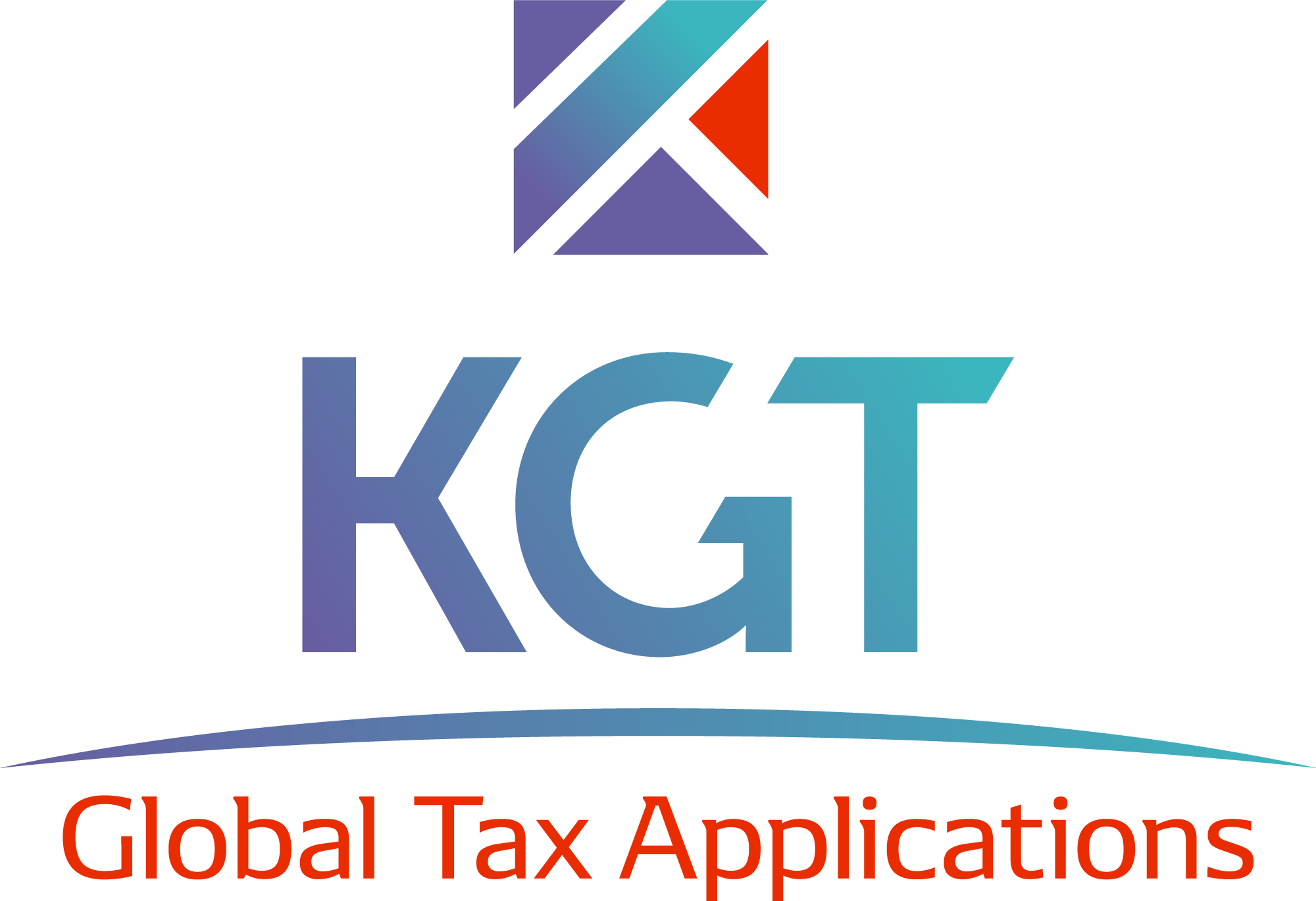Spanish mandatory e-invoicing - earliest in 2025

As of today, the billing regulations that will regulate the obligation to use electronic invoices in Business to Business operations have not yet been approved, so it is not possible to know with certainty what the mandatory elements and data of these invoices will be.
The Spanish government is expected to approve legislation in May 2024 to introduce mandatory electronic invoicing in B2B transactions. Since the bill requires at least 12 months' notice of the implementation of the reporting requirement, the earliest date would likely be July 1, 2025, but possibly later, given the lack of technical specifications and the need for long development times by tax authorities. accounting/ERP companies and providers.
In addition to all this, the regulation is also expected to approve some new data and mandatory elements specific to B2B electronic invoices.
- The collection/payment status of invoices:
When an invoice is issued, a field must be included in which its status appears (pending acceptance, accepted, pending payment, etc.). Self-employed workers who receive an electronic invoice must inform the supplier who sent it to them of the following status of the invoice: their acceptance or rejection of the invoice and its date; and the full effective payment of the invoice and its date.
The Government recently announced that self-employed workers with a turnover of less than eight million euros will have three years from the approval of the electronic invoice regulation to fully adapt to this obligation and inform their suppliers or the Tax Agency about all the statuses by which they pass your bills. Companies will have one or two years, depending on their turnover.
- QR codes and alphanumeric codes : for electronic invoices to be legal, they must include this type of code.
- The phrase “ invoice verifiable at the electronic headquarters of the AEAT ” or “ VERIFACTU ” : this element only for those self-employed or companies that have taken advantage of the option that the Tax Agency will enable so that the company's computer system exchanges instantly all billing records with the Administration.
How KGT can provide support?
- KGT has developed for Germany an SAP add-on, and KGT can demo the features, including risk management tools or
- KGT's support is particularly beneficial when a web-based provider is selected. These providers often lack standard E2E solutions, leading to the need for costly consultancy work. However, KGT has developed extraction logic that ensures complete tax data is provided to the vendor's cloud portal environment. This not only saves costs but also enhances data security. Additionally, KGT offers optional functionalities within SAP itself, allowing for data analysis checks before submission, further reducing the risk of non-compliance or
- KGT gets operational for its client's SAP Document Reporting and Compliance (DRC) or
- KGT developed a 'tax engine and cockpit' in the cloud that can be connected to your ERP system, regardless of whether you run SAP.

